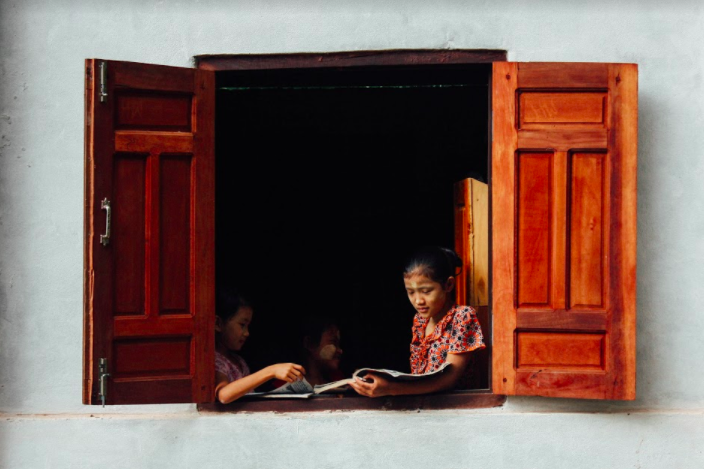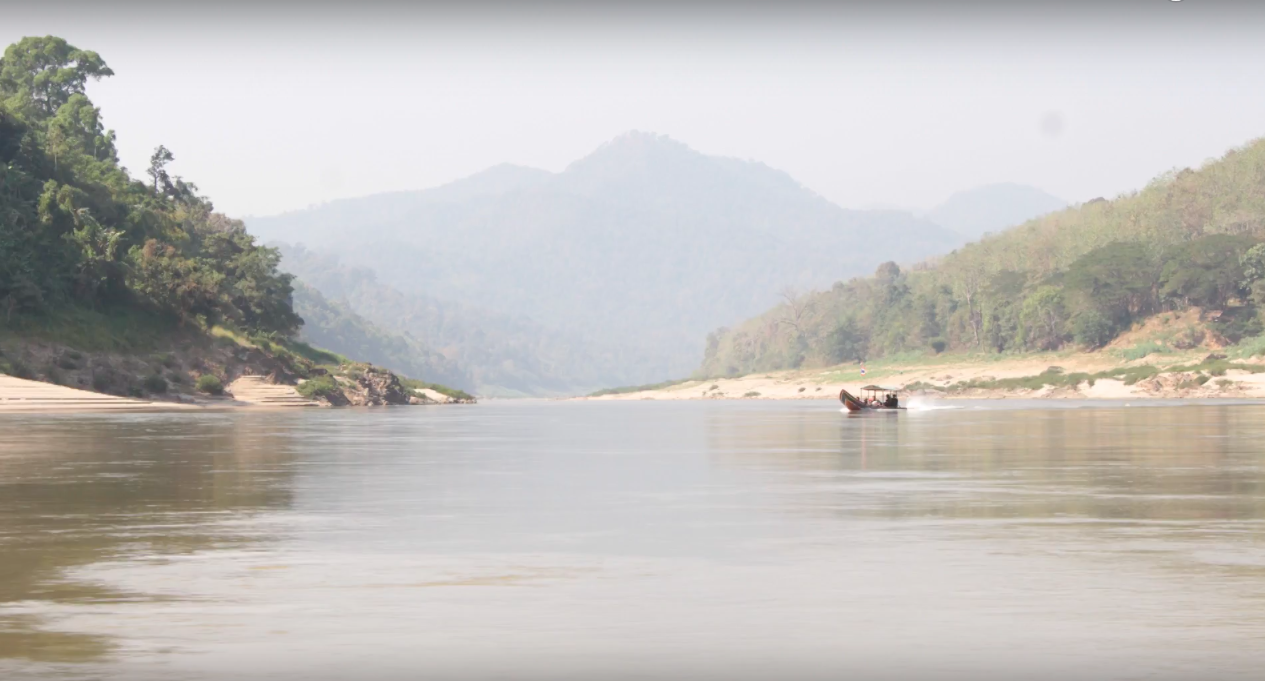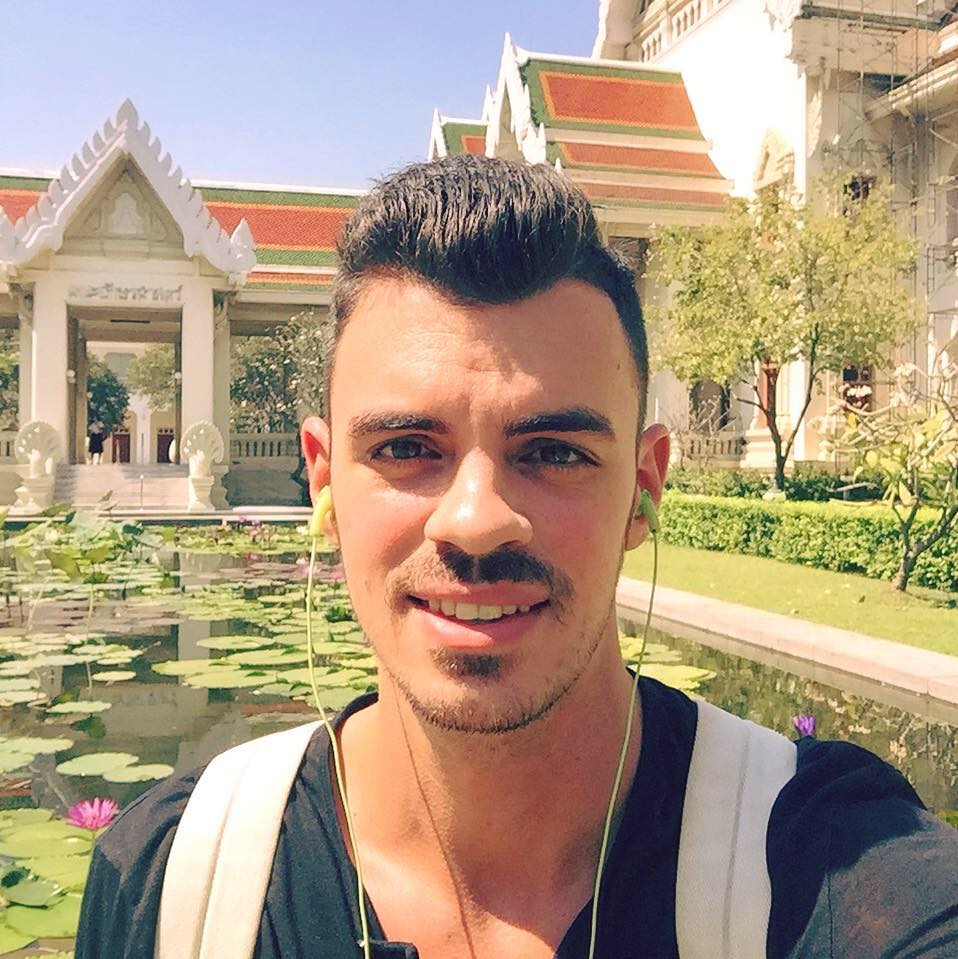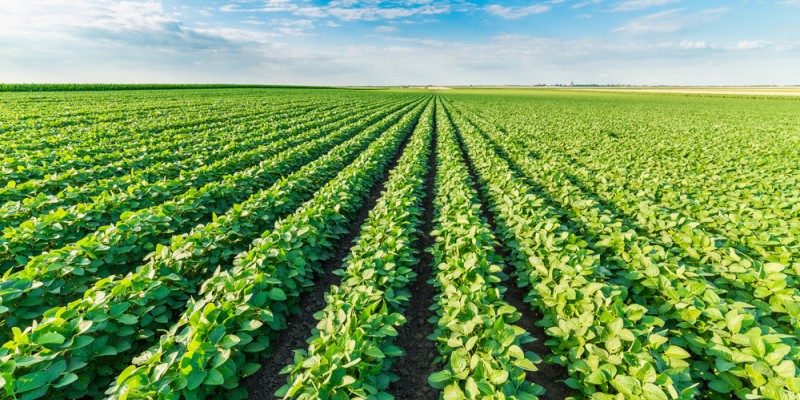AWARENESS: International Day of Action for Rivers [14 March]
/Adopted by participants of the first International Meeting of People Affected by Dams, March 1997 in Curitiba, Brazil, the International Day of Action for Rivers is a time for community members, civil society and organizations like us to celebrate the value of healthy rivers, and educate and spread awareness about the conservation of our watersheds and the importance of equitable and sustainable management of rivers and waterways. Today we recognize the 21st annual Day of Action, an event that directly connects with much of work we do here at the Center for Social Development Studies.
As one can probably tell from following our work and posts, we are quite passionate about the work and research we do on the region's rivers, particularly the Salween and Mekong Rivers, as well as the communities that depend on them for life and livelihoods and the unique but heavily threatened ecosystems that are located along these basins. Most recently the Center and its partners held a special workshop in Yangon, Myanmar on the present state and future of the Salween (Thanlwin) River, bringing together over 60 participants to debate and present research and findings about a great diversity of topics related to this important waterway, with the hope that policy and actions would eventually make their way up to official decision-makers with the goal of creating greater ownership for the river, leading to better planning and conservation of both the natural ecologies and human settlements.
In 2017 CSDS helped support a special project called "Salween Stories," with the aim to use locally produced multimedia to tell the stories of the unique individuals and communities that live along the river. From Yunnan, China to the border regions of Thailand/Myanmar, this unique method of storytelling takes visitors to remote and often mystical locations around Southeast Asia to explore the lifestyles, myths and issues all stemming from one of the world's most important and threatened rivers. Visit their website to be transported to Hpa-an, Mae Sam Laep, Mong Pan and Nujiang.
Spring 2018 marks the end of one of CSDS's most prominent, practical and most riparian-focused programs, the Salween Water Governance Fellowship, which brought together dozens of researchers based in Thailand and Myanmar, focused on strengthening networks between university researchers and civil society groups, and contributing to the empowerment of local communities. Last year's Greater Mekong WLE Forum saw the culmination of these projects with presentation from all research fellows which marks a major milestone in both the Center's vision and the achievements of the individuals and the work they represent. The policy briefs based on the research undertaken for this project can be found and downloaded here.
The Center for Social Development Studies also welcomes you to visit our Publications sector to explore a great deal more research and information centered around rivers and the people who live on or around them.






















![PRESS RELEASE: Book Launch: “Living with Floods in a Mobile Southeast Asia" [18 December 2017]](https://images.squarespace-cdn.com/content/v1/575fb39762cd94c2d69dc556/1513552193141-TEOUY3B952FPT1D3SL0K/Photo+6.JPG)





